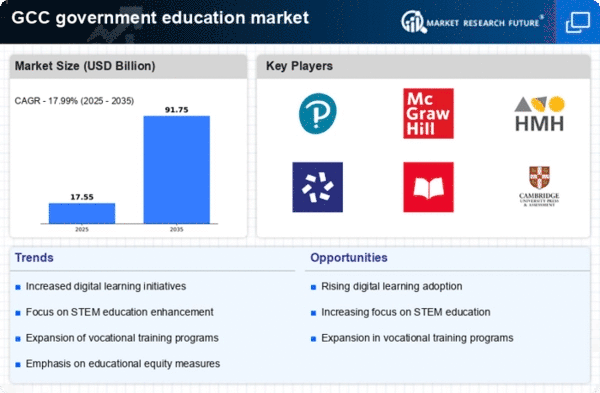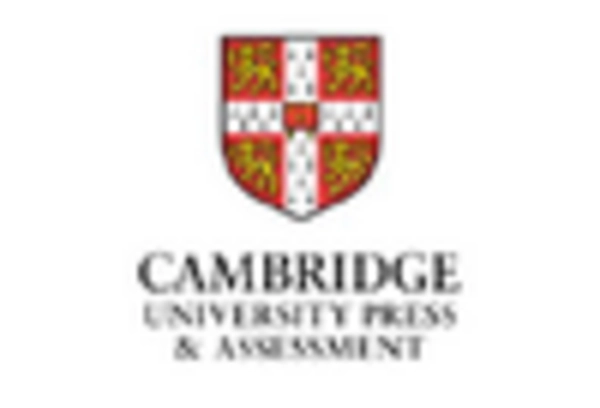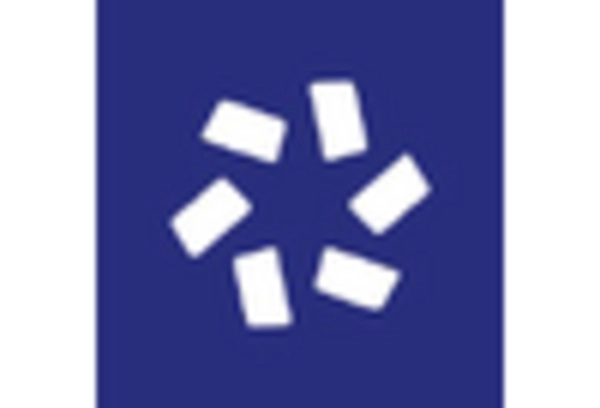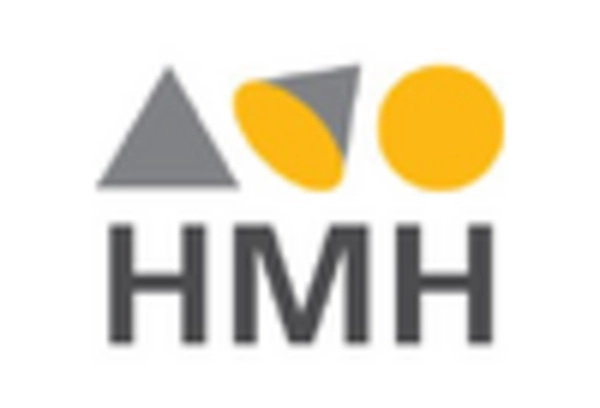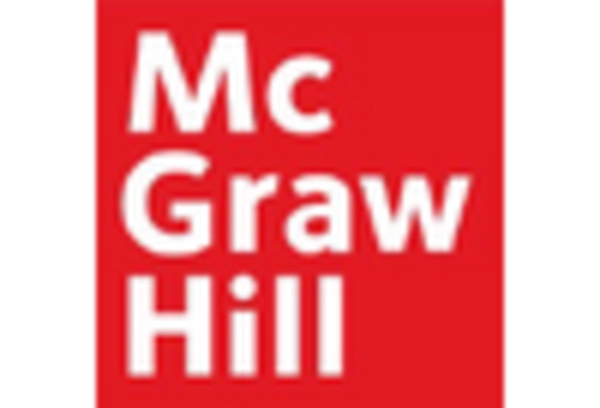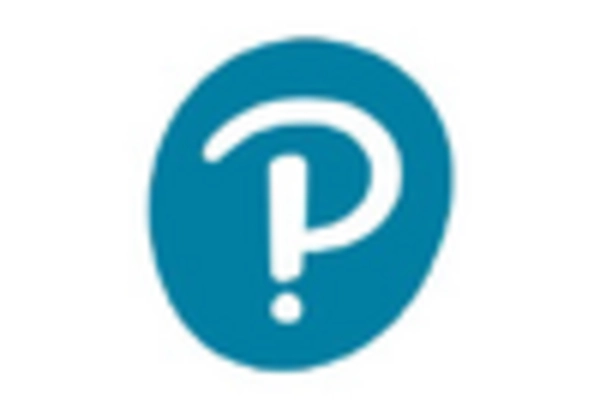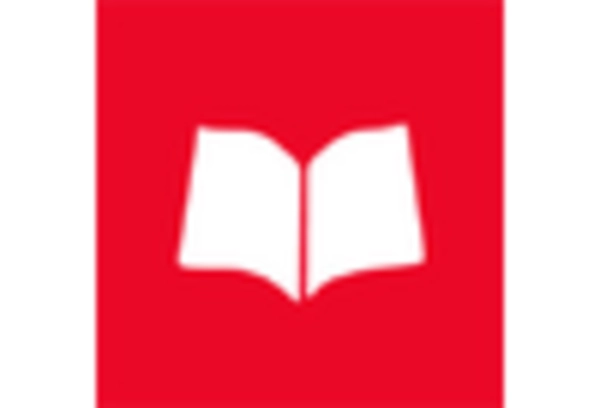Partnerships with Private Sector
The government education market is increasingly characterized by partnerships between public institutions and the private sector. These collaborations are aimed at enhancing educational quality and expanding access to resources. In 2025, it is estimated that private sector investments in the education market will exceed $5 billion in the GCC. Such partnerships may involve the development of vocational training programs, internships, and mentorship opportunities, which are essential for bridging the gap between education and employment. By leveraging private sector expertise and resources, governments can potentially improve educational outcomes and better prepare students for the job market. This trend indicates a shift towards a more collaborative approach in addressing educational challenges.
Focus on Inclusive Education Policies
The government education market is witnessing a growing focus on inclusive education policies aimed at accommodating diverse learning needs. GCC governments are increasingly implementing strategies to ensure that all students, including those with disabilities, have access to quality education. By 2025, it is anticipated that around 20% of educational institutions will have adopted inclusive practices. This shift not only aligns with international standards but also promotes social equity and cohesion within the region. The emphasis on inclusivity is likely to enhance the overall educational experience for all students, fostering a more diverse and harmonious society. Such policies may also lead to increased funding and resources directed towards special education programs.
Integration of Technology in Education
The integration of technology into the government education market is transforming traditional teaching methods. With the rise of digital tools and resources, educational institutions in the GCC are increasingly adopting e-learning platforms and interactive technologies. As of 2025, it is projected that over 50% of schools in the region will utilize some form of digital learning tools. This shift not only enhances the learning experience but also prepares students for a technology-driven workforce. Furthermore, the government is likely to support initiatives that promote digital literacy among students, ensuring they are equipped with essential skills for future employment. The ongoing technological advancements may lead to a more dynamic and responsive education system.
Investment in Educational Infrastructure
The government education market is experiencing a surge in investment aimed at enhancing educational infrastructure across the GCC. Governments are allocating substantial budgets to build new schools and upgrade existing facilities, which is crucial for accommodating the growing student population. For instance, in 2025, the total expenditure on educational infrastructure in the GCC is projected to reach approximately $10 billion. This investment not only improves physical learning environments but also integrates advanced technologies, thereby fostering a more conducive atmosphere for learning. Enhanced infrastructure is likely to attract more students and improve overall educational outcomes, which in turn may lead to a more skilled workforce, essential for the region's economic diversification efforts.
Emphasis on Teacher Training and Development
In the government education market, there is a notable emphasis on the professional development of educators. Governments in the GCC are increasingly recognizing that well-trained teachers are pivotal to improving educational quality. As of 2025, it is estimated that around 30% of the education budget is being allocated to teacher training programs. These initiatives focus on equipping educators with modern pedagogical skills and integrating technology into their teaching practices. By investing in teacher development, governments aim to enhance student engagement and learning outcomes, which are critical for the region's long-term educational goals. This focus on professional development is likely to create a more competent teaching workforce, ultimately benefiting the entire education system.


